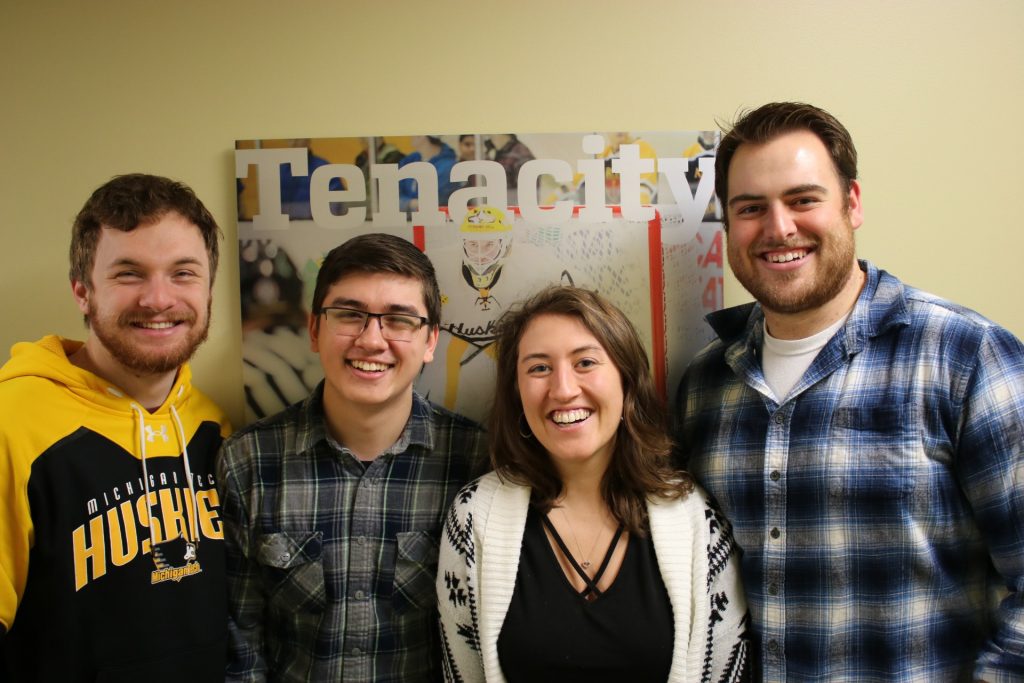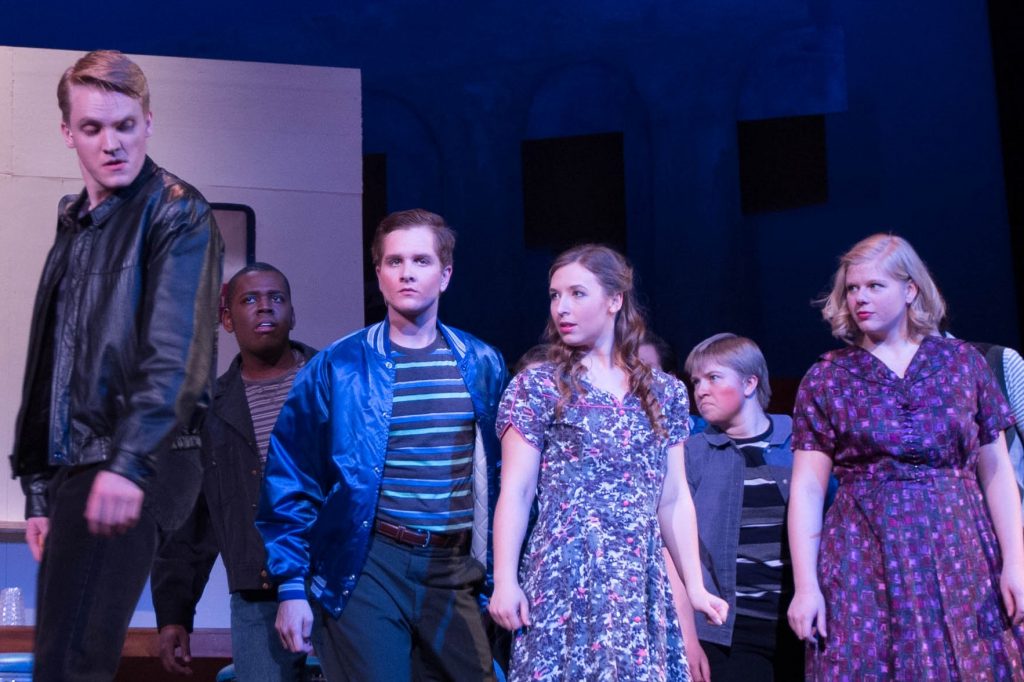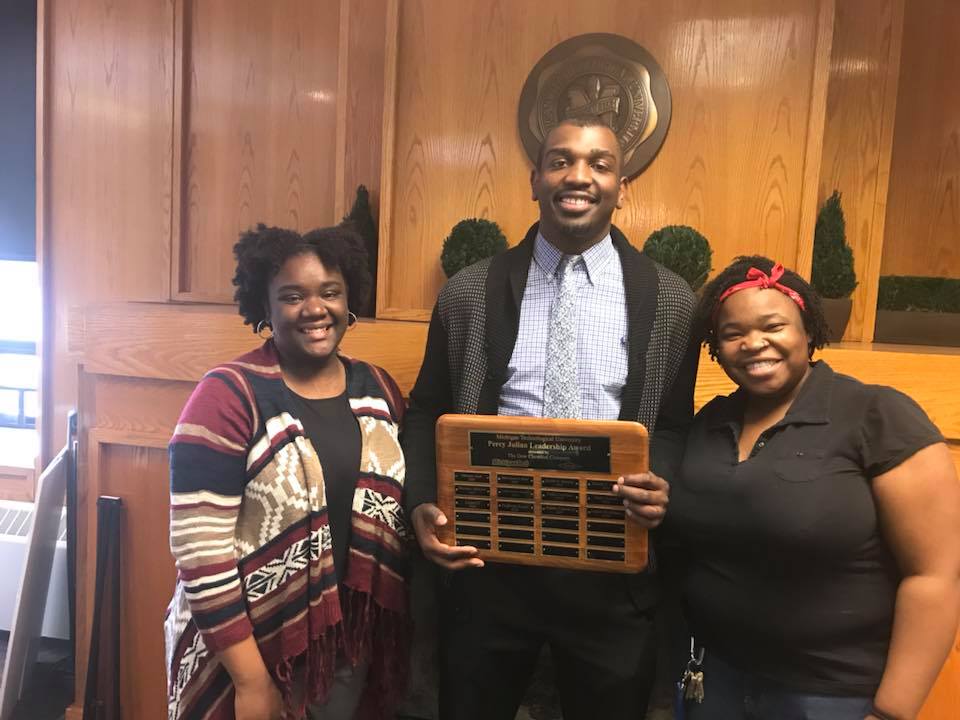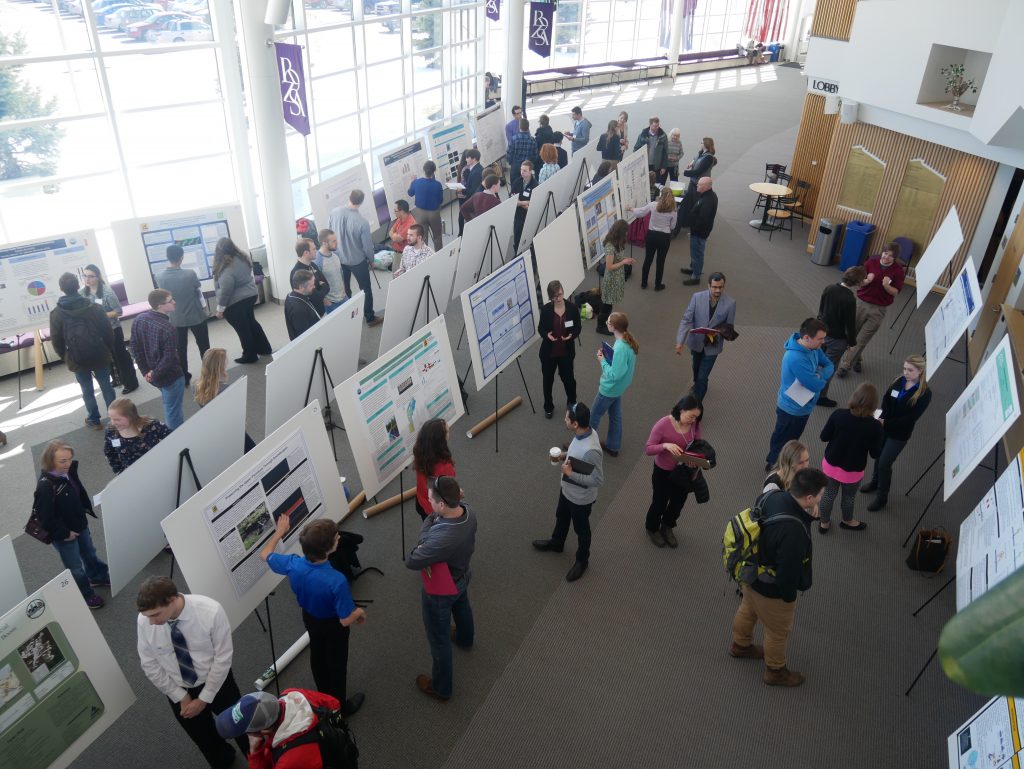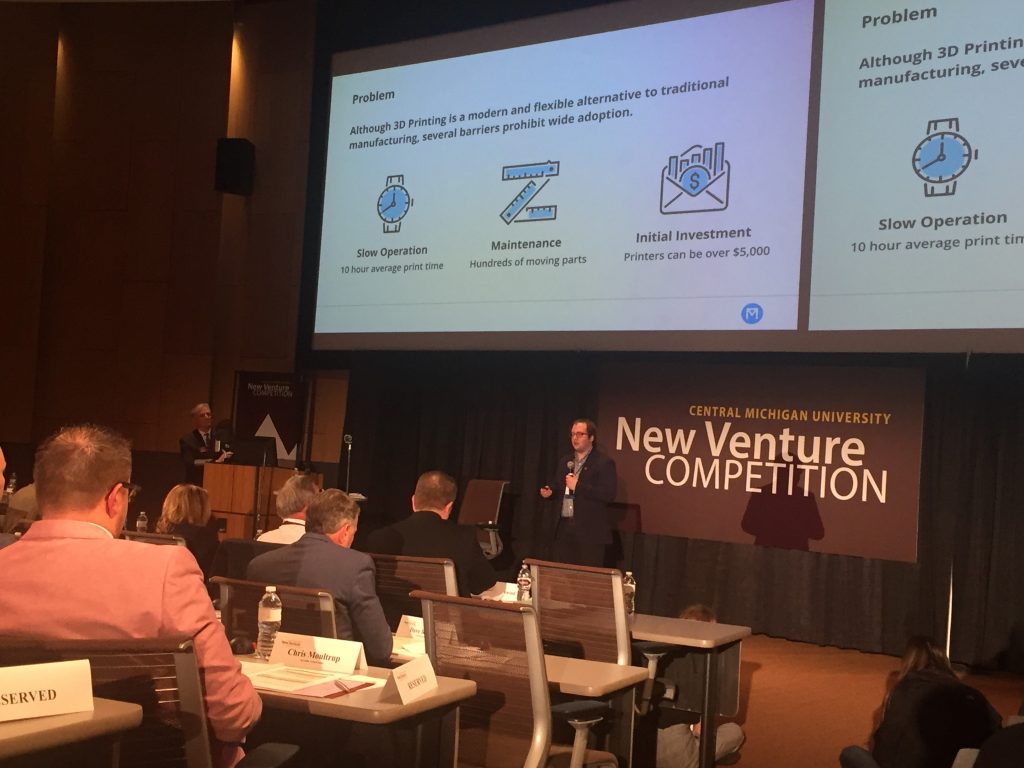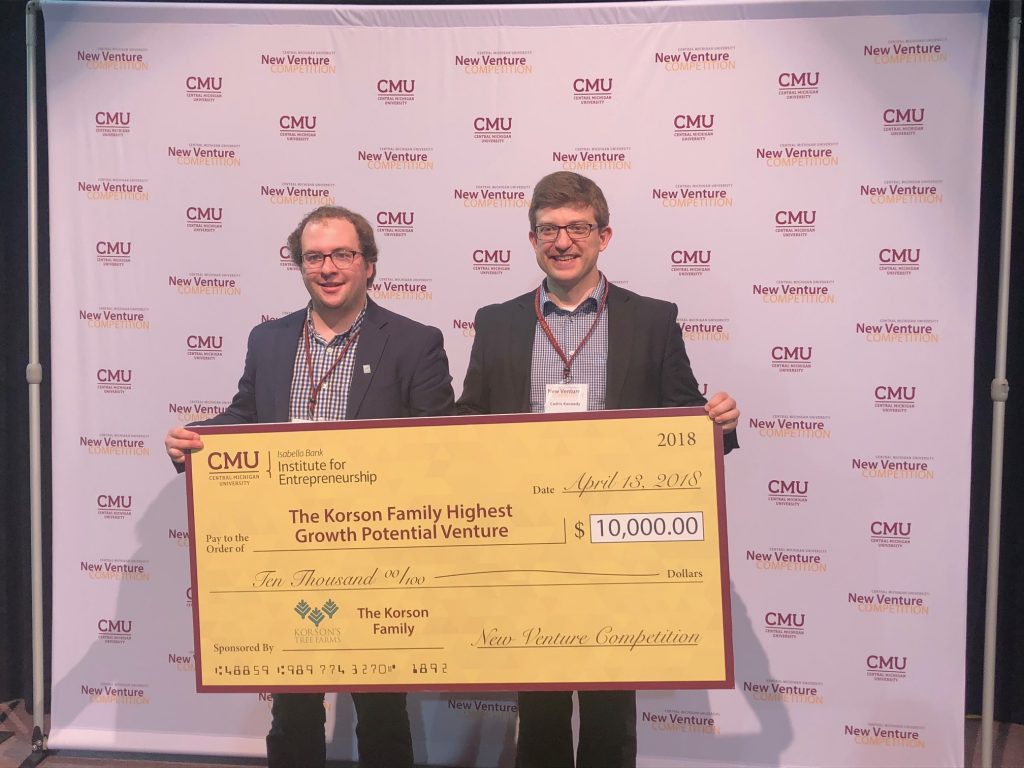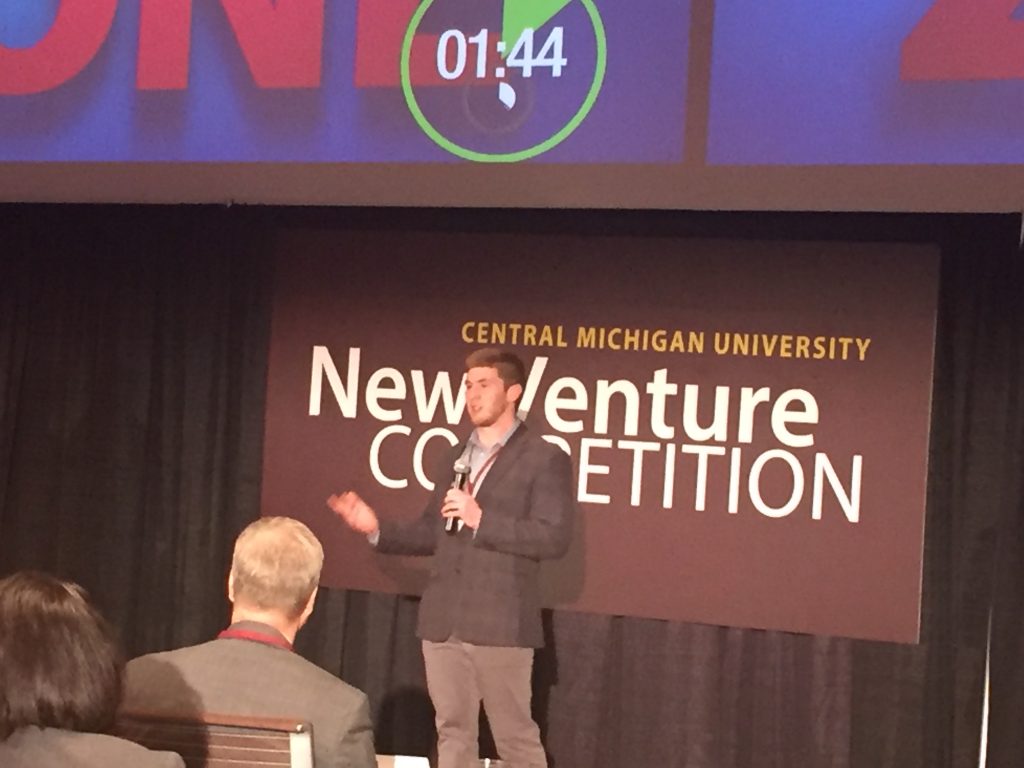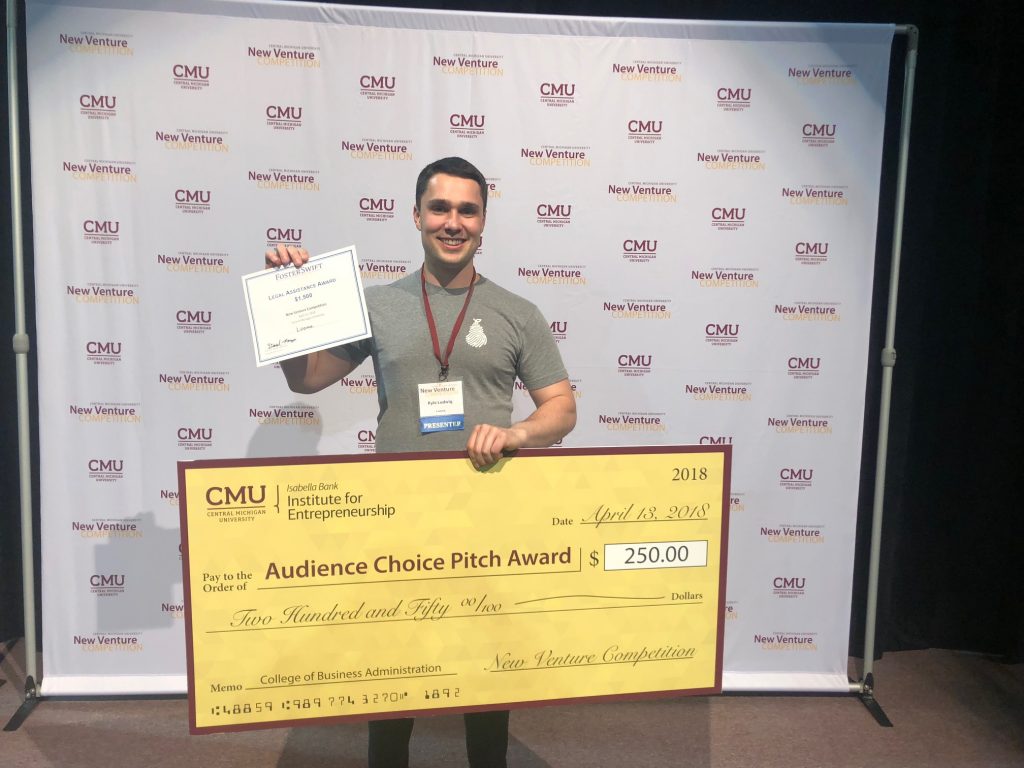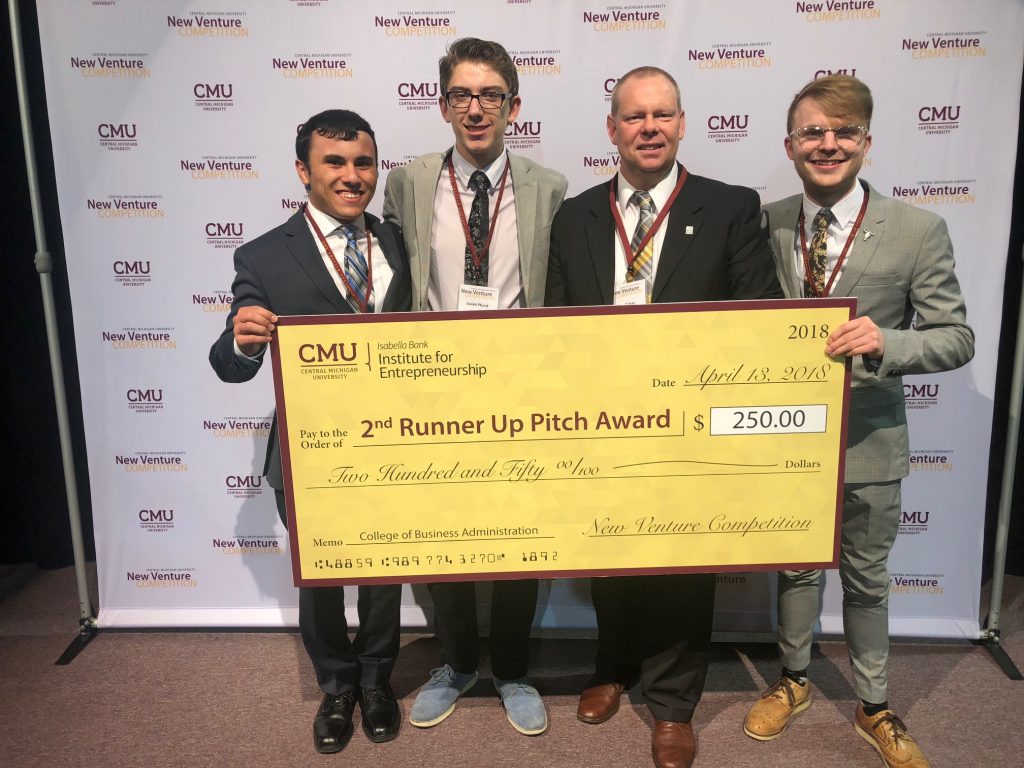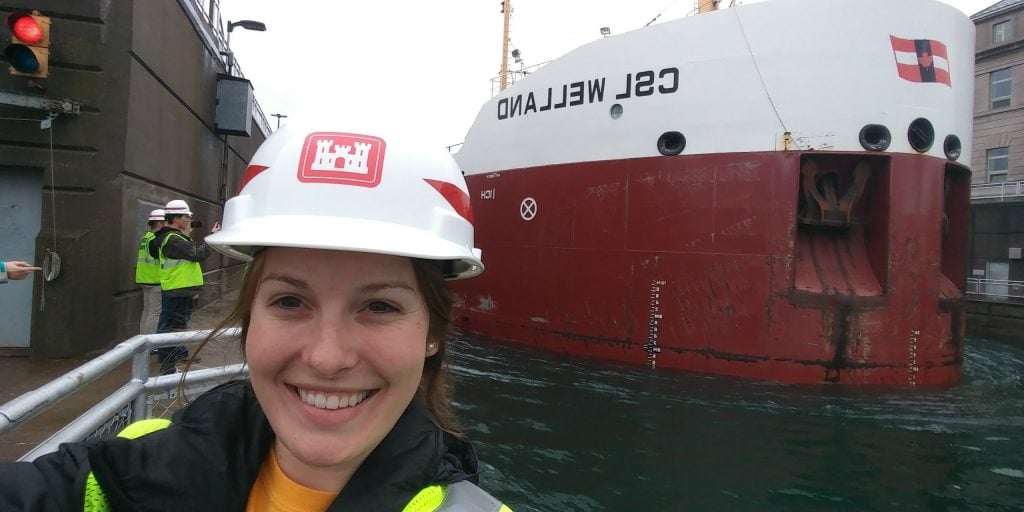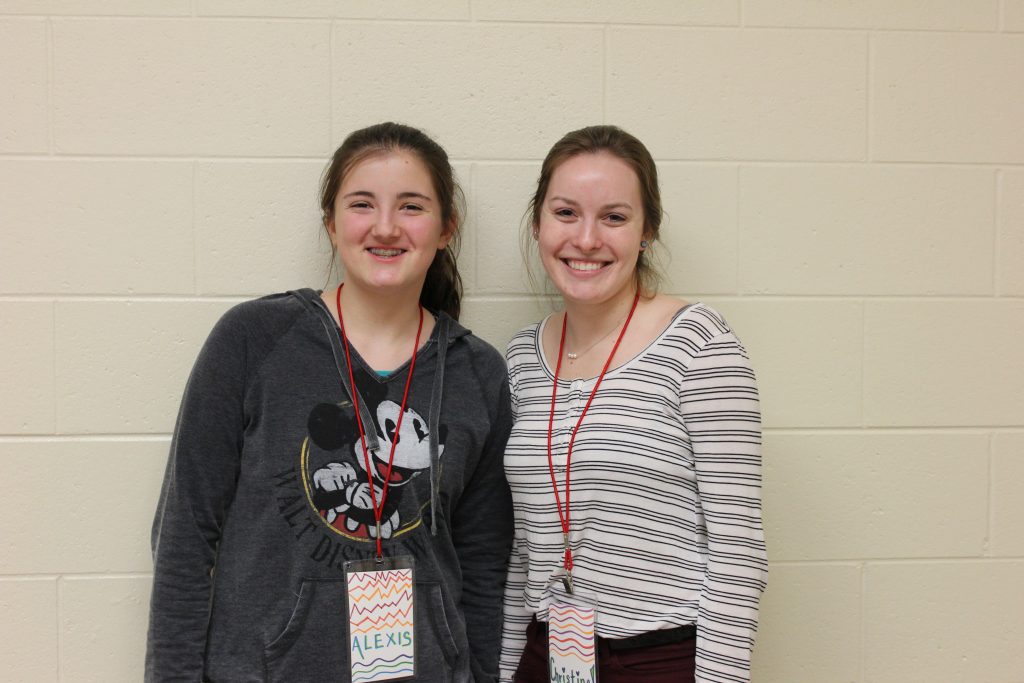Mambo! We had a very eventful second week. The Monday after the workshop concluded, we met up with our professor, Mary Raber, and Ewald Tesha of Asante Africa. Together, we drove around the Kilimanjaro area to visit all of the schools we would be attending later in the week. Unfortunately we still couldn’t cut a break from being jammed together as Tesha’s car only had enough seats for five people, so Tesha and Mary got to sit very comfortably in the front while the four of us where packed into the rear like sardines. Tesha first took us to the district offices, where we had to get approval from the higher-ups in the education system to work in the schools. Upon receiving that we visited the first school: Nkwamakuu Primary School. Nkwamakuu has Standard 1-7 students, which is about equivalent to 1st through 7th grade in the American education system. We met with the headmaster, had Chai (a sort of breakfast), and toured the school. Before we left, the teachers gathered all of the students in the yard and then sang welcome songs and introduced themselves. After we introduced ourselves to them (which included Andrew doing a backflip) we packed back into the car and left for Orkolili Secondary School. At Orkolili we were given a brief tour of the school by Mama Mcha, the founder of the school. The school is unique because it not only teaches academics but also vocational skills such as culinary, electronics, and auto repair skills. This allows students to be well prepared for life after secondary school, whether they get a job or go to university. After a short visit at Orkolili, we all went to Moshi, which is the second town we will staying at in about two weeks. We were able to meet with the organizations we will be working with while we are there. We first stopped at Amani’s Children Home, which houses homeless children and tries to reunite the children with their family members, if possible. After a short visit there, we visited the Old Moshi Hotel, which is the hostel we will be staying at while in Moshi. They will also be organizing the work we will be doing there. After returning back to Boma, we decided how we would be splitting up for the week, since we had planned to send two team members to Nkwamakuu Primary School and two team members to Orkolili Secondary School. We decided that splitting up would allow us to spend more quality time at both of the schools.
Nkwamakuu Primary School

Andrew and Lauren spent Tuesday through Friday at Nkwamakuu. On Monday we had discussed with the teachers that they would like us to teach some math, science, and English classes at the school. We agreed that on Tuesday, we would observe some classes to get an idea of what the students were learning and what the teaching style was at the school. However, we soon realized that the school had something else in mind (we would also quickly learn that this would become a common theme throughout the week). As soon as we arrived on Tuesday, the teachers asked us which classes we were teaching. We responded by asking if we could observe the class first, and they agreed. But, we are pretty sure that they did not entirely understand because they still proceeded to set up the Standard 3 (3rd grade) class for us to teach. Luckily, this is something we had kind of prepared for. Prior to traveling, one of the projects that we had identified was a way to make math classes more fun for the students, since many Tanzanian classes are heavily lecture based. We decided that one way we could do this is by playing some math games with cards. We brought several decks of cards over to Tanzania and were able to introduce the game that morning. With the Standard 3 students, we worked on basic subtraction and addition skills. The game is kind of like war, where games are played with two students and one deck of cards. Each student flips over a card and then the students add or subtract the numbers on the cards. Both the students and teachers responded very positively to the game. The students said that they had fun playing the game, while the teachers said it helped the students learn math skills quickly. We ended up showing the math game to Standard 4 and Standard 5 students also, but instead of addition and subtraction we did multiplication and fractions. Along with math, we also taught some science classes. In science, we played Jeopardy with the students. Although none of the students had heard of the game before, they overall seemed to really enjoy a new teaching method (and also really liked the candy we gave to them for participating).

Additionally, on Tuesday, we asked the headmaster if there were any water, sanitation, or hygiene related problems at the school. The headmaster then walked us over to one of the hand washing stations, which consisted of a bucket with a twist nozzle. He explained that these current stations were unsanitary because the students have to touch the dirty nozzle to close it after they wash their hands. We then agreed that we could work on a project together to create a more sanitary system. After some research and discussion with the headmaster and teachers, we designed a Tippy Tap system that was modified to meet the school’s needs. As shown in the video below, the design allows the children to wash their hands by simply stepping on a wooden lever, so they do not have to touch anything after they wash their hands. It took a couple days to buy the materials, including some metal bars that the hardware store employee cut with just a simple handsaw, which still baffles us. On Friday, we were able to build the three stations and test them with the children. In this upcoming week, we still need to test the stations more and gather feedback to ensure that they will be used effectively by the children, and then we will adjust accordingly.

One of the biggest challenges at Nkwamakuu is the language barrier. Most of the students (and teachers) only speak Swahili. Luckily, we had a translator with us, however, we struggled sometimes to communicate with the students. Although the language barrier has been difficult, it has been a good way for us to learn a lot of new words in Swahili (especially lots of new math words!). Also, in our free time at the school, we had lots of fun playing Simon says and soccer with the kids, as well as pretending to be lions eating each other (which the kids found oddly entertaining).

Orkolili Secondary School

Jennifer and Ian spent their first week (Tuesday through Friday) at Orkolili Secondary School. The structure of the school is very similar to a typical high school in the United States, with four main class groups, called Forms. Going into Tuesday, Jennifer and Ian were unsure of what the week at Orkolili would entail but they were looking forward to the possibilities that laid before them. Upon arriving on Tuesday, they met up with their main contact, a teacher by the name of Joe, who proceeded to explain a little bit about what they would be doing before taking them around to each of the classes to introduce themselves (stating their names, ages, and what they are studying at Michigan Tech). Each classroom has about 37-58 students since each classroom houses one form, except for Form 4f, which is housed in two classrooms, making each class size about 37-38. In the Form 3 class, Joe asked the students to assign Jennifer and Ian Swahili names. Ian was named Mushi (Moo-she) and Jennifer was named Manka (Mah-n-kah). Throughout the week, they switched between their U.S. names and their new names, many students and teachers just called them Mushi and Manka. they quickly grew accustomed to responding when their new names were called.
Throughout the week, Jennifer and Ian taught a few classes. their teaching, though slightly unconventional, seemed to work. they started out their teaching adventure with English to Form 2, with the topic of “How to Properly Answer a Telephone Call”. At first, they thought this would be simple, but it proved to actually be quiet challenging, since Jennifer and Ian soon realized that they did not usually make phone calls and, when they did, usually did not use proper answering techniques. They did their best and Ian taught the class to say “WASSUP” when answering a close friend’s phone call. Tuesday afternoon was spent presenting their areas of study to each Form 4 class. Ian discussed Engineering in General along with his specialty of Material Engineering, trying to build up enthusiasm within the students. Jennifer discussed Psychology and the jobs that are available. The first Form 4 class seemed to be interested in knowing about Jennifer and Ian, whereas the second Form 4 class spend their entire time asking questions about science and engineering, allowing Ian to excitedly explain many concepts to them. Since Jennifer did not get a chance to present on Psychology, she got an entire class period to present on Thursday. On Wednesday, they observed a Form 4 math lesson and Ian taught Trigonometric Functions to Form 3. The students responded very well and enjoyed Ian’s lesson so much, that he was asked to teach again on Thursday. He decided to continue onto Trigonometric Inverse Functions on Thursday and, again, the students seemed to enjoy his lesson. Thursday afternoon, Ian taught Chemistry to a Form 4 class and, again, the students enjoyed it so much that he was asked to teach the introduction to Organic Chemistry on Friday morning, which was also a very good lesson. Though Jennifer did not do much teaching, she got to watch the lessons and how Ian’s excitement of the subjects was passed on to the students.

On Fridays, Orkolili ends classes around 12 pm and has various activities in the afternoon. At 12, the students break off into different classrooms, according to their religious background, to have a worship service. Jennifer and Ian were asked to join/observe one of these groups and they both obliged. The students sang songs of praise, said prayers, and were lead in devotion by a pastor (probably) or leader. The lesson they got to hear, and slightly understand thanks to a helpful student, was on Ruth 1:1-18. It was a really cool experience, hearing all the different groups in the classrooms singing and watching the group they were sitting in singing songs of praise. The religious services were followed by a short break, and then the students broke into different clubs until lunchtime. After lunch, all the students gather at the sports fields near campus to participate in different sports. They have basketball, football (soccer), and song and dance circle. While Ian ran off to play football on the Form 1-3’s team against Form 4, Jennifer walked around with a few of the girls and took pictures of some of the activities. Though Ian got exhausted and cut up from playing, he had some fun playing with the kids. Jennifer got a chance to talk to the girls about the sports that they liked and learn some more Swahili. It was nice to get to know some of the students.
Jennifer and Ian had a few struggles to overcome during their week at Orkolili, the biggest being the language barrier. Even though Orkolili pushes the students to speak English, they still had to make sure they spoke slowly and emphasized certain words to ensure that they were understood. The smaller struggles were being asked to prepare for a class within an hour and then teaching, since they both have limited experience in teaching, they both picked it up quickly though and Ian’s enthusiasm spilled into the classroom igniting the students interest in their studies.
Weekly Blooper Reel
Andrew: After being dropped off by the bus when returning from Nkwamakuu, Andrew and Lauren were berated by dozens of bajaji drivers trying to give them rides. While Andrew was turning around to tell them “Hapana Asante” (No thank you), he was nearly hit by a bus, which wasn’t following the traffic laws (but then again, neither does any vehicle here…at all).
Lauren: After apparently not learning from her mistake from last week (responding with “Si”), Lauren responded to a student on Wednesday by saying, “Bien.” Again Lauren, that is SPANISH, not Swahili.
Jennifer: On the very first day of teaching at Orkolili, Jennifer had already received a marriage proposal, which wasn’t asked in the way you would expect either. She was specifically asked how many cows would be enough to have her hand in marriage (Ian was secretly jealous, and also wondering the same thing).
Ian: After an already exhausting day of teaching on Friday, Ian was asked to play a 90 minute game of soccer. Yeah, that did not go well. He obtained several cuts and bruises, which he mistakenly thought could be cleaned with Lysol wipes (you know, the wipes you use to completely disinfect kitchen counter tops…and that have a big warning label saying “Do not put on skin”).
All: While waiting in downtown Boma for our Bajaji driver George (who is our hero) to pick us up, we witnessed probably the funniest thing we have experienced this trip. A bus was pulling into the parking lot when it suddenly stopped, causing the motorcycle behind it to suddenly stop as well. The motorcyclist became frustrated, and although he didn’t have a horn, that didn’t stop him from releasing his anger out onto the bus driver by yelling, “BEEEEEEEEEEEEEEEEEEEEEEEEP” with the funniest angry face. We (especially Andrew) cannot stop mimicking it and laughing constantly.
Asante Sana (thank you very much) for reading our blog! Check it again sometime next week when we have wifi to upload our week 3 post!

















